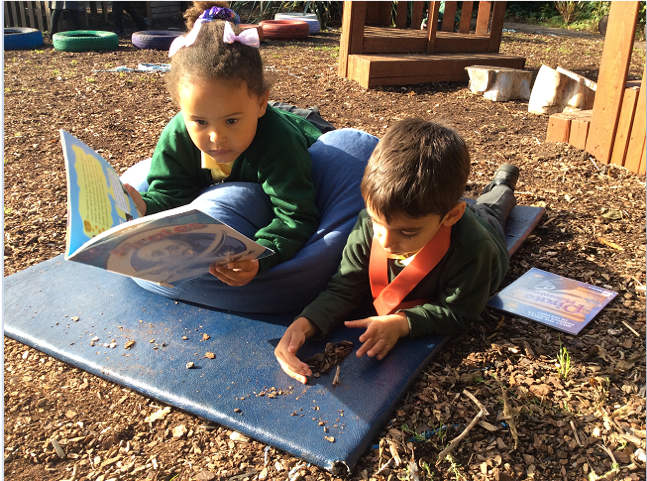Curriculum & Assessment
A cross our whole school, we aim to develop our pupils as inquisitive, motivated and reflective learners.
cross our whole school, we aim to develop our pupils as inquisitive, motivated and reflective learners.
Children will be encouraged to question, think and be creative when problem solving and expectations of both achievement and behaviour are high.
Our teaching is focused on developing essential knowledge, attitudes and skills for life and is personalised to individual children and their learning needs. The curriculum provides a wide range of opportunities, activities and challenges that develop each child’s understanding of themselves as learners. Click here to view our current curriculum policy.
Early Years Foundation Stage (EYFS)
The EYFS year is a year to provide foundations for the children and get them ready for learning by the National Curriculum in Year 1. There are 7 areas of learning and development within the statutory framework for early years foundation stage (EYFS)
All of the areas are important as they are all interconnected. The  7 areas are used by early years settings to shape the children’s education and determine what children should learn and how children’s learning and development will be supported through each of these 7 areas.
7 areas are used by early years settings to shape the children’s education and determine what children should learn and how children’s learning and development will be supported through each of these 7 areas.
The 7 areas are split into two categories: the prime areas and the specific areas.
The Prime Areas
The prime areas lay the foundations upon which all further learning can develop. The prime areas are also extremely important for ‘igniting children’s curiosity and enthusiasm for learning, forming relationships and thriving’, as stated in the statutory framework for the early years foundation stage. The three prime areas are:
The Specific Areas
Our Early years setting also supports children’s learning and development in the specific areas. The four specific areas are intended to also strengthen learning and development within the prime areas, hence why the 7 areas are seen as being interconnected. The four specific areas are:
Years 1 to 6
The statutory National Curriculum as well as Religious Education (RE) and Sex and Relationships Education (SRE) forms the basis of the curriculum for children in Years 1 to 6. The National Curriculum is a set of subjects and standards used by primary and secondary schools so children learn the same things. It covers what subjects are taught and the standards children should read in each subject.

The National Curriculum is organised into blocks of years called ‘Key Stages’. At the end of each Key Stage, teachers will formally assess each child’s performance to measure their progress. We report progress to parents in a number of ways including at termly parent consultation meetings and via annual reports.
Compulsory National Curriculum subjects at primary school are:
- English
- maths
- science
- design and technology
- history
- geography
- art and design
- music
- physical education (PE), including swimming
- computing
- ancient and modern foreign languages (at key stage 2)
Schools must provide religious education (RE) but parents can ask for their children to be taken out of the whole lesson or part of it.
We also teach:
- personal, social, health and citizenship education (PSHCE)
- modern foreign languages (at key stage 2)

To view the National Curriculum in full please visit this page:
https://www.gov.uk/government/collections/national-curriculum
You can find out more about our curriculum by visiting the tabs on the signpost opposite. You can also contact the school and ask to speak to a member of the leadership team.
